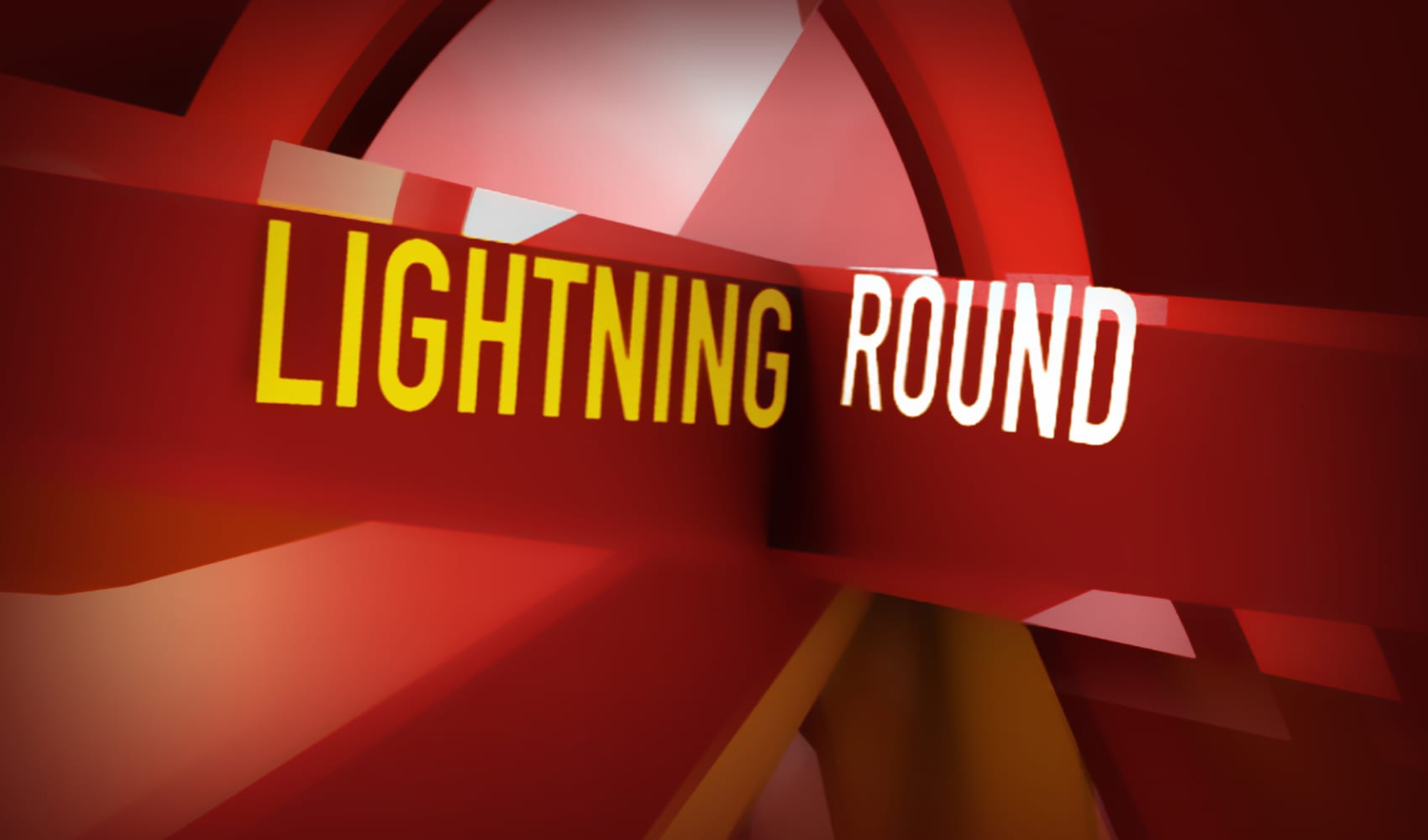
Someone in Illinois appears to have won a life-changing sum of money from the Mega Millions lottery on Saturday: $1.337 billion. The winner has not yet come forward to claim their prize, authorities say.
The Mega Millions lottery jackpot, which passed the $1 billion mark last week, had been growing for three months. The final total was one of the largest jackpots in U.S. history.
Those wins are invariably followed close behind by a hefty tax bill. Lottery winnings come with a mandatory 24% federal tax withholding. If the current Mega Millions jackpot winner elects to take the roughly $780.5 million cash option — as opposed to receiving payments in an annuity over 30 years — they'll automatically get a federal tax bill of roughly $187.3 million.
Get top local stories in Connecticut delivered to you every morning. Sign up for NBC Connecticut's News Headlines newsletter.
The winner will also owe more when it's time to pay their annual taxes, since the top federal marginal tax rate is 37%.
But that's not all. Tax laws regarding income and lottery winnings vary from state to state, meaning the overall tax bill on your big lottery jackpot could be even higher depending on where you buy the winning ticket.
In these 10 states, you won't owe any state taxes on lottery winnings at all:
- California
- Delaware
- Florida
- New Hampshire
- Nevada
- South Dakota
- Tennessee
- Texas
- Washington
- Wyoming
In most of the U.S., lottery winnings are taxed like regular income — but that's not the case in California and Delaware. Lottery winnings in those two states aren't subject to California's 12.3% income tax rate or Delaware's 6.6% rate.
Money Report
The other eight states on the list don't have blanket income tax laws at all. If you live there, your lottery winnings will be considered income, but won't be additionally taxed beyond the federal rate. Alaska also doesn't have blanket income tax laws, but it's one of five U.S. states that doesn't have lottery sales — along with Alabama, Hawaii, Nevada and Utah.
In any other U.S. state, you'll be subject to some sort of state tax bill. States with relatively low individual income tax rates, which apply to lottery winnings, include North Dakota (2.9%), Pennsylvania (3.07%) and Indiana (3.23%).
In Illinois, where the winning lottery ticket was sold, the current tax rate is 4.95%. By comparison, New York levies a tax rate of 8.82% on lottery winnings, and you might even pay an additional 3.8% in New York City.
If you buy your winning ticket outside of your home state, you'll likely be subject to the income tax rates of the state where you bought the ticket — and you'll have to list your winnings as taxable income in the state where you reside, too.
If your home state has a higher income tax rate than the state where you bought your winning ticket, your overall state tax bill will likely reflect the higher of those two rates. That's why experts typically advise against buying lottery tickets in states with higher income tax rates than your home state.
Financial experts are also adamant that if you ever win a major lottery jackpot, you should rely on the advice of professionals. That means hiring a team of advisors, potentially including a lawyer and financial and tax advisors.
Update: This story has been updated to reflect that a winning lottery ticket for the Mega Millions' $1.337 billion jackpot has reportedly been sold in Illinois.
Sign up now: Get smarter about your money and career with our weekly newsletter
Don't miss:
The $1.02 billion Mega Millions jackpot would be one of the biggest ever—here are the top 5 so far






